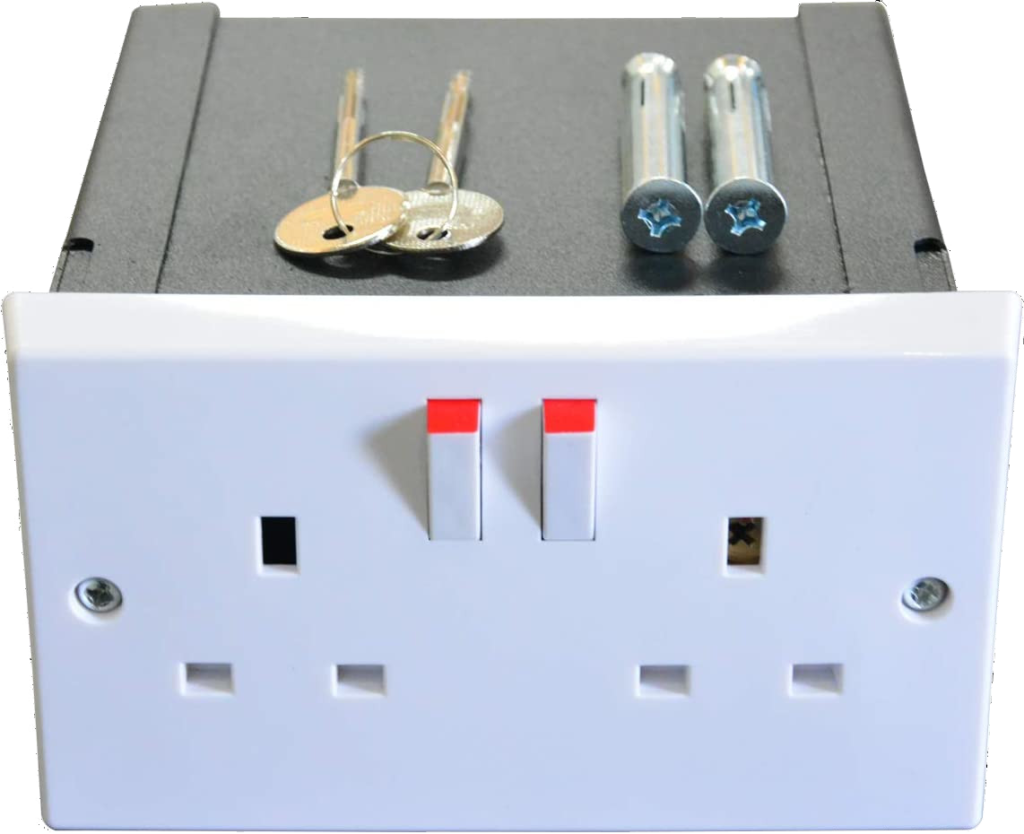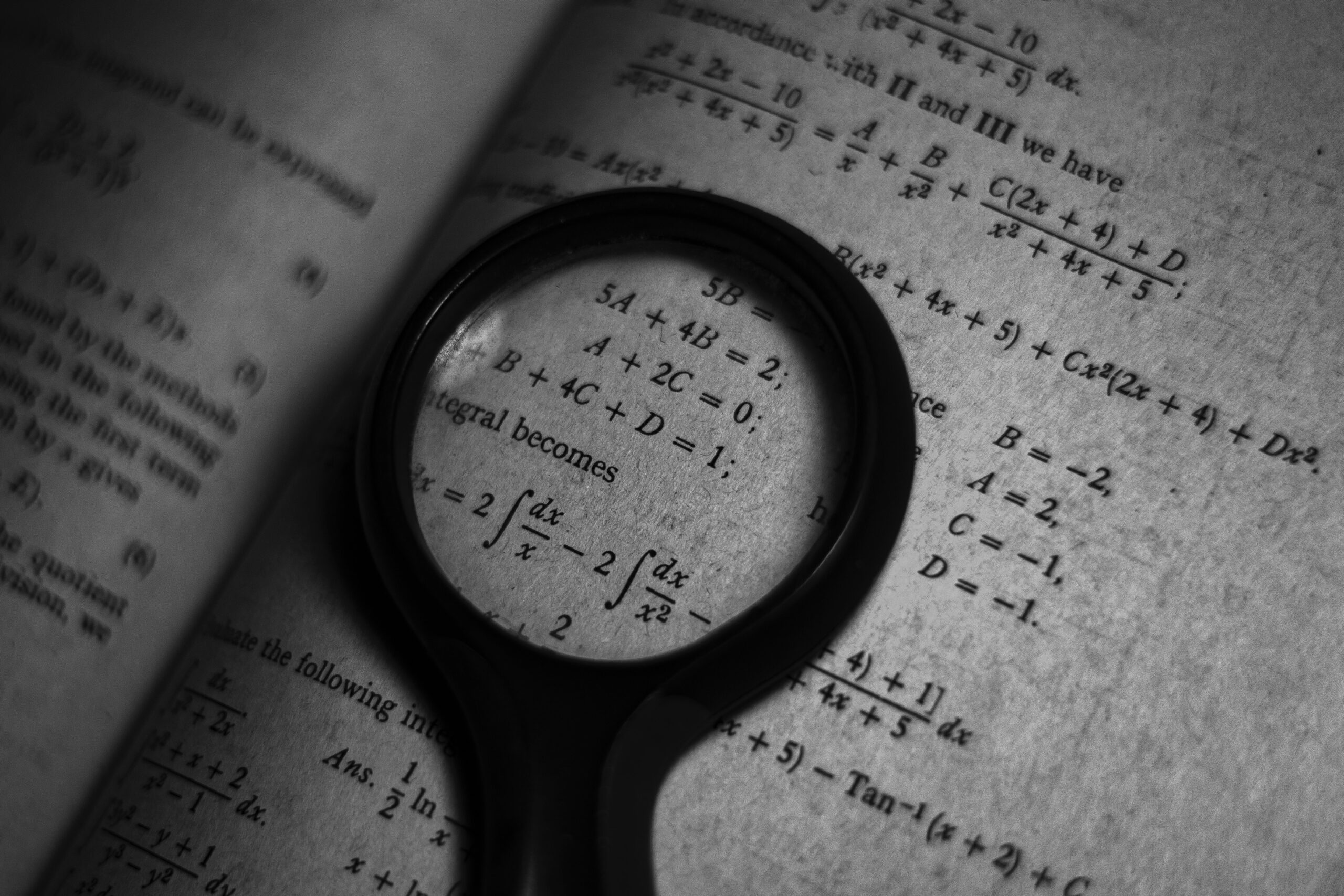There are common phrases used when describing Escape Rooms, but the most common is “You do not need outside knowledge”.
This short list describes what some might call “rules for the industry” as they apply to both the players and the creators.
- Unless clearly indicated, you will only use a prop or item once
- Excessive force is never required
- Everything you need is in the room
Many puzzle enthusiasts believe an Escape Room cannot use outside knowledge, but are underestimating what can be classified as “outside”. Does a riddle use word association? Are you using rhymes or word play to obscure a secret pattern? Have you used roman numerals or a foreign scale to count numbers? Is the theme closely tied to an existing franchise like Sherlock Holmes, Harry Potter or Alice in Wonderland?

Occasionally a player declares a puzzle unfair because they don’t know something, unaware that the creators of the game have put something in the room that tells them the information. In our experience, if a puzzle is based on something that is narrowly outside of what many would call “common knowledge”, players assume they were meant to know it. Then they become frustrated or start asking for help. I’d like to share with you some of the experiences we’ve had at Cryptology Swindon when outside knowledge has caused problems and made us question if we’d created a puzzle that was unfair.
Do they expect us to know that? – Nerves of the human spine
One of our earliest escape rooms was set in a Doctors surgery and included a puzzle consisting of following instructions that charted a course along the nerves of the spine. Over the years this game ran we had a fair number of players who knew the nerves of the spine off the top of their head. Medical professionals, older players who had injured their backs and even players who just loved medical dramas.
The logical step in our Escape Room was simply one of the posters on the wall listed most of the nervous system, including the spine. However, this didn’t prevent several customers exclaiming “How are we meant to know that?!” at the moment they found the puzzle. We struggled with creating an acceptable clue that wasn’t simply “look around” and in the end we resolved the issue with a second identical poster on the opposite wall, doubling the chances the players could spot it.

Since that original room we have had similar occurrences with currencies of the world, film directors, famous authors and even the location of certain countries on a map of the earth. In every instance we included something in the game that could help the players if they didn’t happen to know that piece of information. Yet, some were a little too quick to abandon the puzzle and ask for hints or clues when they realised they didn’t immediately know where Luxembourg was, or that India uses the Rupee. A well designed escape room won’t expect you to know everything, so keep an eye out for that extra something in the room that might be there just to help you along. For you clever clogs out there, good job bringing your outside knowledge in, but with most escape rooms, it’s probably not needed!
I’ve never been good at that – Roman Numerals

Theme is critical to an immersive game and if you’re setting an escape room in nearly any period of history prior to 1900, you might run into Roman Numerals. Maybe they’re drawn on the spines of books on a shelf. Maybe a collection of letters or secret maps use them to depict a specific order. In our case, we use them in a Victorian ghost story. They actually appear in two separate puzzles that are close together. One is a grandfather clock, the other a set of dials that must be set to a particular position. I could never have predicted the amount of players who say “oh no, that’s too hard, I can’t read Roman Numerals”.
My advice – know your numerals!
As far as knowing Roman Numerals I would consider them to be another language, maybe a very basic language but still something you have to make an effort to learn. However, this game places a dial of roman numerals directly next to a grandfather clock. The face of the clock counts from I to XII, while the dials count from I to XIII. Those players that become frustrated at the site of Roman Numerals needed only to count one increment at a time around the clock or the dials. One very delightful team of players became so confused, that when directly told to set the dial to 13 they first turned the dial to X and then to III, even though the dial included XIII as a position.
A major step when designing an escape room is trying to isolate the information needed to solve one puzzle from the next. A single game might have half a dozen puzzles that rely on numbers, so using something as simple as Roman Numerals can help players identify which props are linked with which puzzles. Creators will continue to come up with crazy ideas and alien languages. To stay one step ahead, brush up on your Roman Numerals, at least between I and XX. This key outside knowledge might save you minutes in your next escape room!
That’s not the right order? – Order of the planets
The planets of our solar system have been identified and catalogued for several centuries. However, there’s a proportion of the population, myself included, that cannot confidently name them all in order. I have a fair idea and I know there are mnemonics to help you remember, but if I was asked to state the planets in order, I’d have a go and then want to look it up to check.
In one of our escape rooms, we have a puzzle where the players have to input the planets in a special order, unique to that game and derived from one of the other puzzles, accessed at the same time. We use the planets because the names are familiar and fit the theme of the room. In fact the theme, alchemy, justifies why the solution the players are searching for isn’t the regular scientific order. This game includes a poster on the wall that lists an index of cryptic alchemical symbols including all of the planets in the well known scientific order.

How scientific outside knowledge might not be useful
We get lots of teams who simply know the scientific order or read it off the poster and then become frustrated when the puzzle says they are wrong, because it wants the special sequence unique to the game. They assume the puzzle is broken, or some of the planets are meant to be skipped because they are gas giants, or too small, or that the sun isn’t a planet. While their logic isn’t wrong, these teams will very quickly start asking for clues to help with this puzzle, when the step they are looking for is to solve the other puzzle which would put the planets in the correct order.
This is a unique frustration for a game master, as the players have more knowledge than the puzzle requires and it can result in them assuming they must be right and the puzzle isn’t working. This is a classic case of outside knowledge not being useful in escape rooms.
Another similar example is the number pi π. There is a small collection of people who know the value of pi to several decimal places. Imagine the frustration when the solution to a puzzle is 3.14159 but a very clever player remembers pi as 3.1416. They aren’t technically wrong, but they might assume the puzzle is broken. Remember that golden rule, everything you need is in the room.
But that’s how it worked in the other room – Keys in sockets

Sometimes, escape room builders will search for unique versions of locks. In the early days this included lock boxes disguised as common items found in a home. Books, Jewellery boxes, even some that look like an electrical socket on the wall. These were simple enough – find the corresponding key, insert it into a hole in the socket and turn to unlock. However, this trained some escape room players to take any random metal key and stick it in an electrical socket. Thankfully, we’ve never had an accident due to this technique, but we have had a few players ask if a socket in our rooms was genuine or a safe in disguise.
This unique outside knowledge might save a few minutes if it’s useful, but always think before trying to unscrew the plug sockets in your next escape room!
We have never used this type of lockbox, but it’s an example of what works in one escape room might not work in another. As teams become more experienced and play more games creators have to come up with weirder and more wonderful concepts for puzzles. Remember that the games have to be playable by both novices and experienced players.
So, the gist is – no, you probably won’t need outside knowledge in escape rooms. However, the more you do, the more you get the flow of what is and isn’t a puzzle, how to do them, and where things might be hidden.
If you fancy checking out our escape rooms yourselves, head to https://cryptologyrooms.co.uk/.
Click here to read our last blog post.



Leave a Reply
You must be logged in to post a comment.